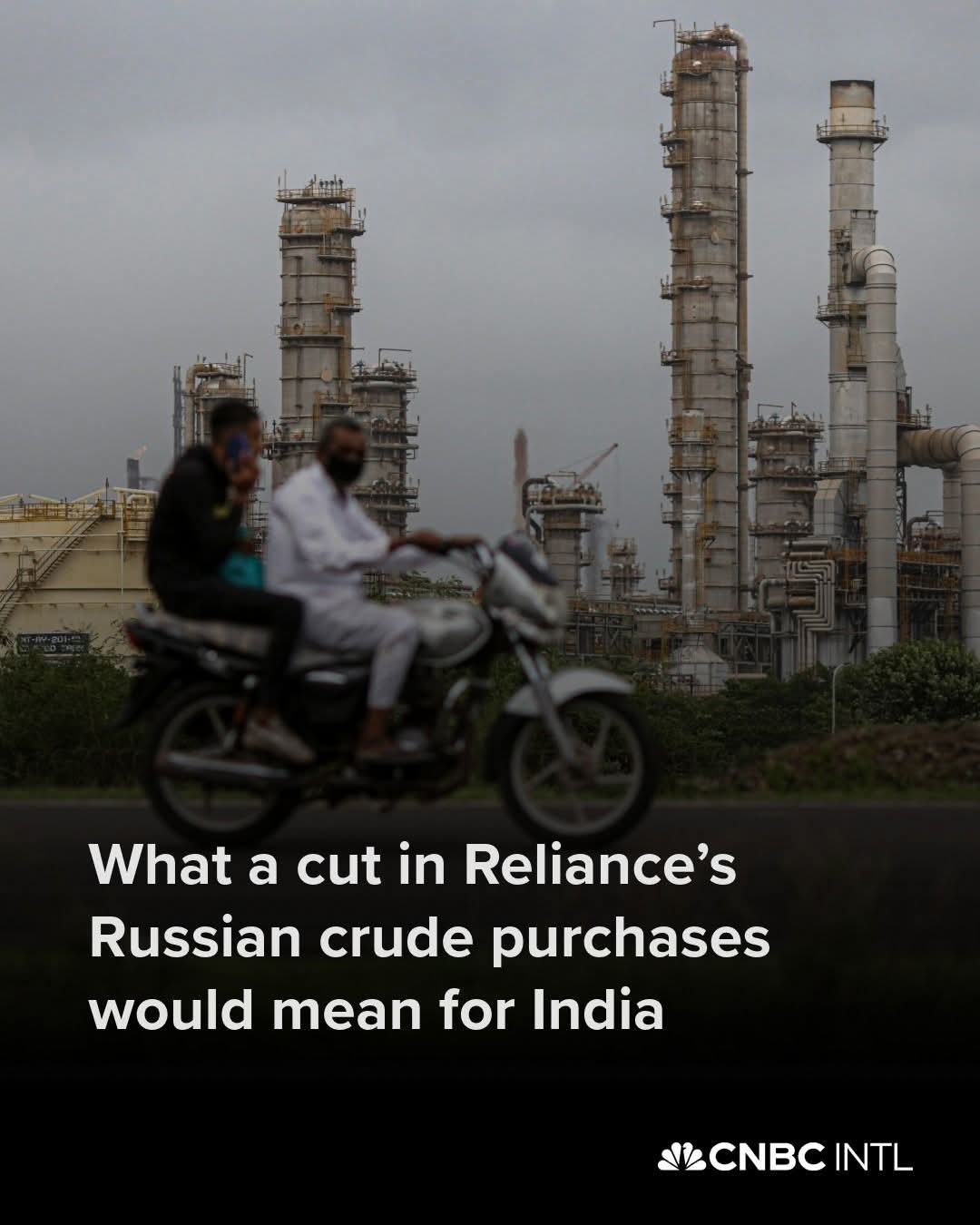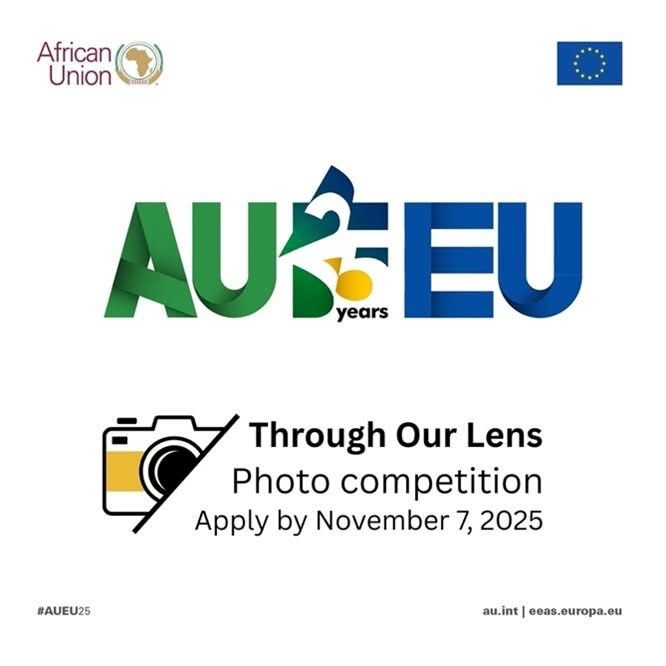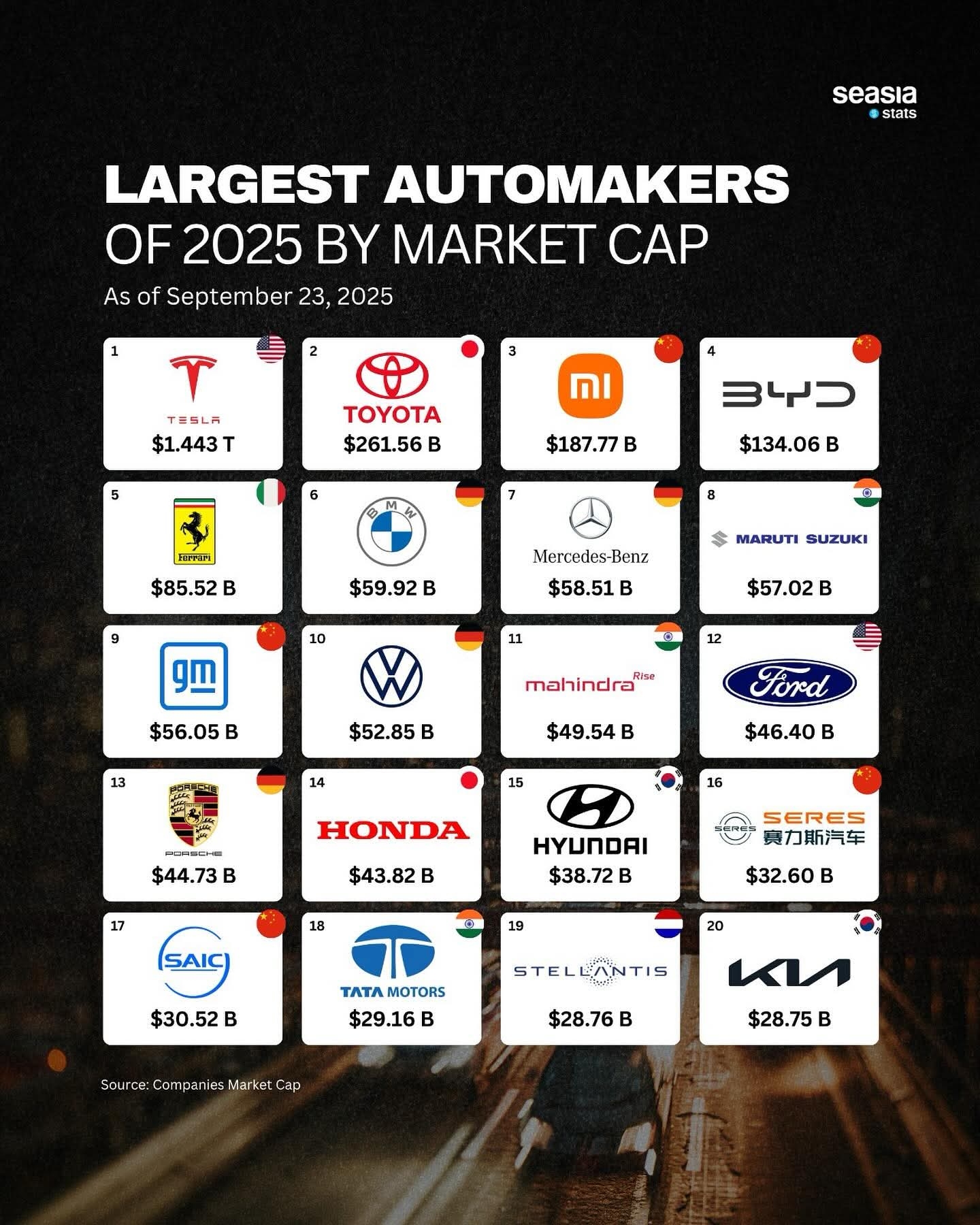Boring
This post has received widespread feedback from users for being monotonous and overly repetitive.
Loading..



India’s largest private oil refiner Reliance Industries is reportedly halting its purchases of Russian crude.
➡️In September, Reliance purchased around 629,590 barrels of Russian crude per day from Rosneft and Lukoil, out of India’s total imports of 1.6 million barrels per day.
➡️Other Indian refiners are also looking to cut back on Russian oil purchases, raising hopes of a U.S.-India trade deal.
For the full story, click here: https://cnb.cx/47Epps6
#know

Apply on before November 7th, 2025
🔌https://ec.europa.eu/eusurvey/runner/AUEU25
📸 CALLING ALL YOUNG PHOTOGRAPHERS 📸
Celebrate 25 years of the AU-EU Partnership through your lens! Submit your visual stories capturing the impact of this impactful collaboration.
FREE entry 💫✨
25 finalists exhibited in Addis Ababa (possibly in Brussels also) 💫✨
Digital publication feature 💫✨
Two winners receive €500 + funded trip to Addis Ababa 💫✨

🕊️🕊️🕊️Javed Iqbal 🕊️🕊️🕊️
GCV 314159 $
Thanks
#pakistan
#pinetwork #pi_coin #pinetbook #pnb_token #pnb_token_event
Tue Oct 21, 2025

Tesla Dominates Global Automakers in 2025
As of September 2025, Tesla remains the undisputed leader in the global automotive market, boasting a staggering $1.443 trillion market cap. The American EV giant continues to set the pace in innovation, software integration, and sustainability, far outpacing traditional automakers. In second place, Toyota follows with $261.56 billion, maintaining its stronghold through reliability and hybrid leadership. Meanwhile, China’s Xiaomi has made a surprising leap to third with $187.77 billion, marking its rapid rise from electronics to the automotive frontier.
Asian automakers continue to strengthen their global presence, led by Japan, China, and India. Chinese brands like BYD ($134.06 and Seres ($32.60 reflect the nation’s growing dominance in electric vehicle production, while Japanese powerhouses Toyota and Honda uphold their legacy of innovation and global influence. India’s Maruti Suzuki, Mahindra, and Tata Motors are also climbing the ranks, highlighting Asia’s increasingly competitive automotive market.
While no Southeast Asian automaker has entered the top 20 yet, cities such as Bangkok, Jakarta, and Kuala Lumpur are becoming vital players in regional automotive growth. With major investments in electric vehicle infrastructure, manufacturing, and green mobility, Southeast Asia is steadily positioning itself as a key contributor to the future of sustainable transportation.
Source : FB/seasiastats
#know
